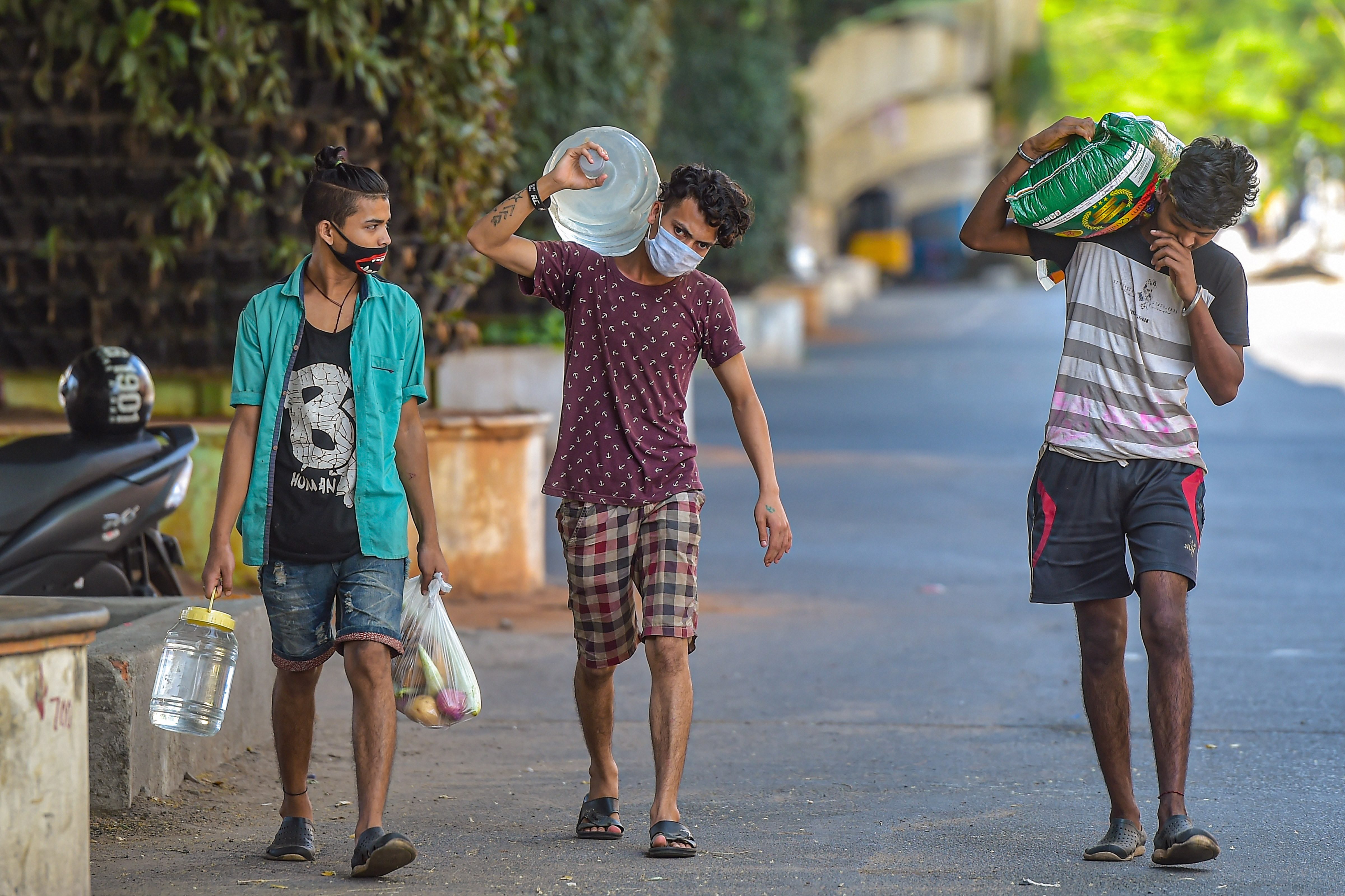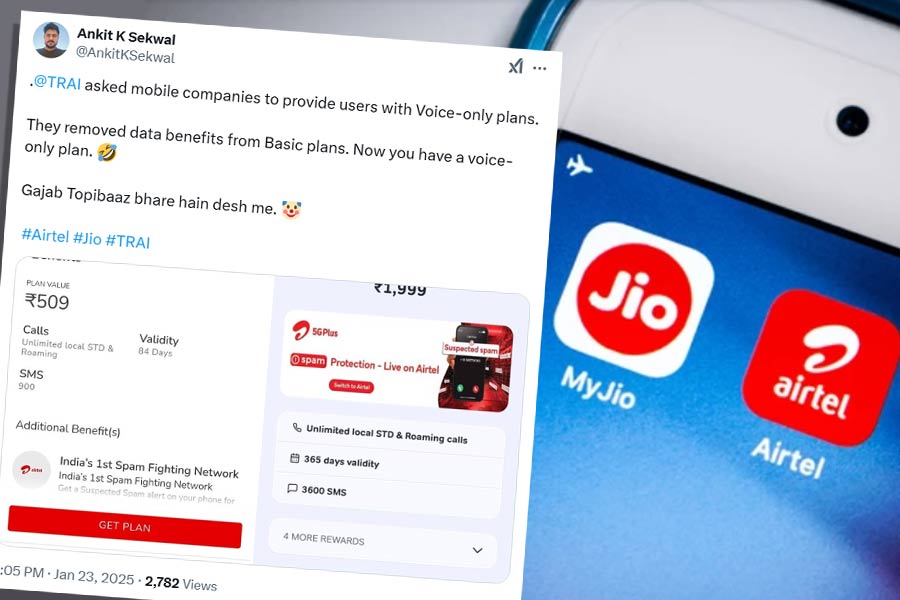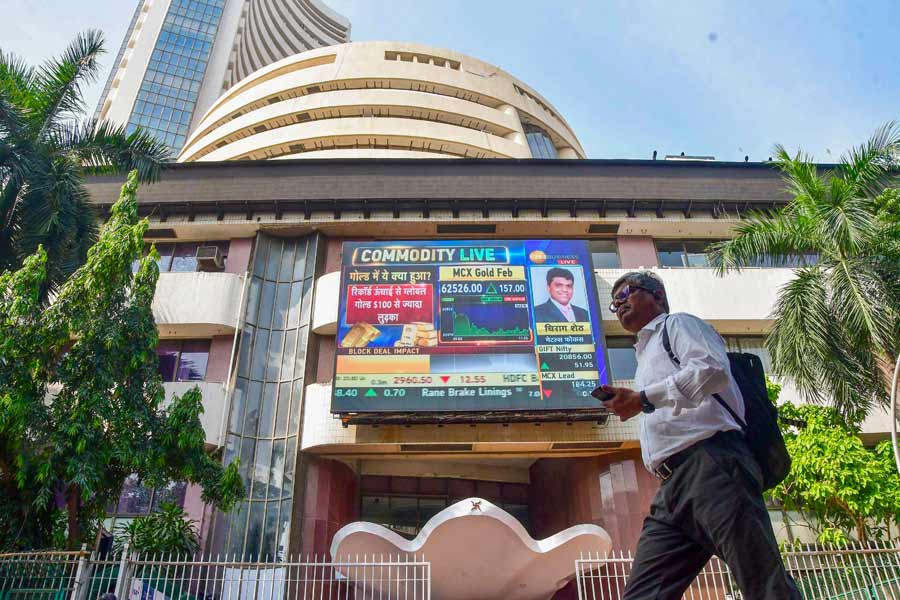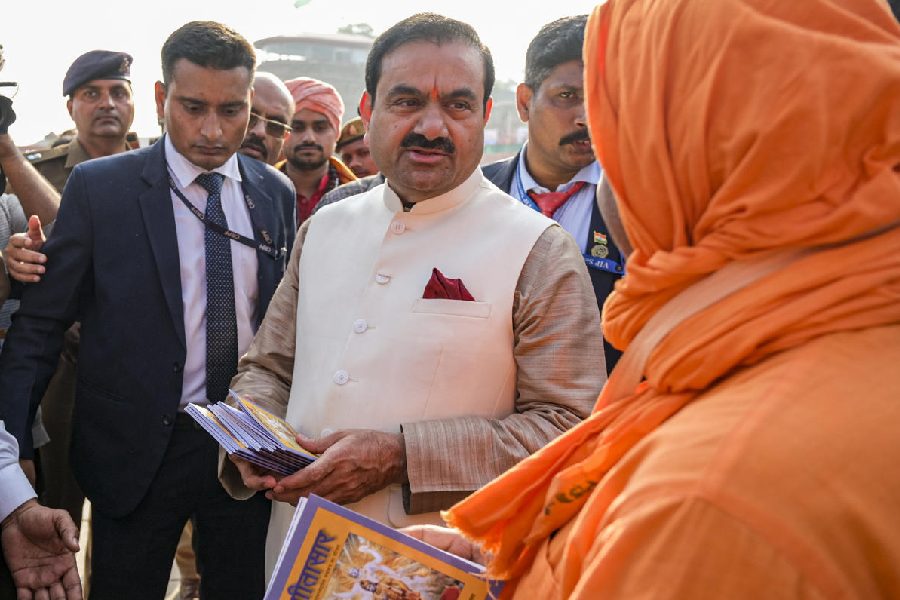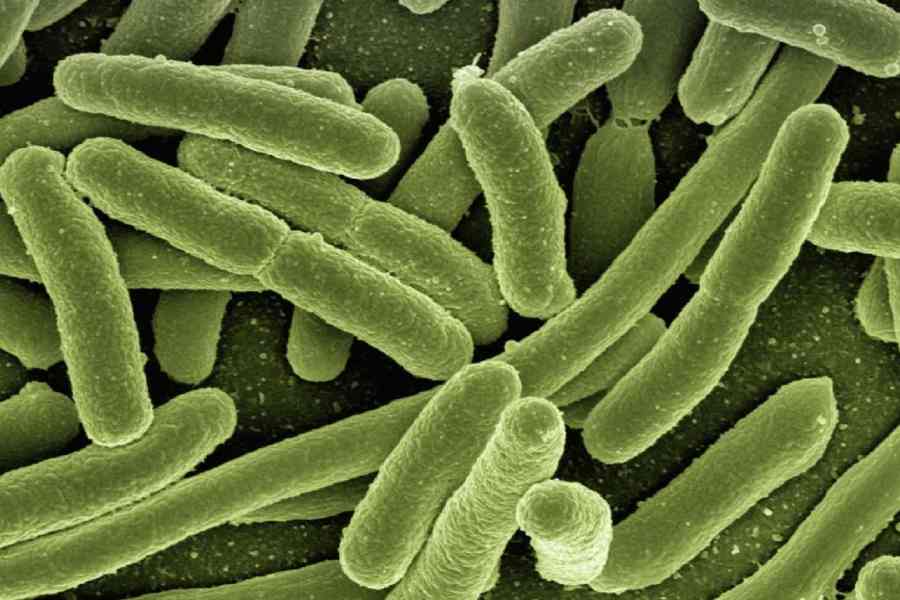The Centre faced growing calls for less sweeping curbs, as an anxious nation awaited Prime Minister Narendra Modi's address on Tuesday – the last day of the 21-day lockdown.
Monday stood out with a record 51 fatalities within 24 hours. He death toll due to coronavirus jumped to 324 and the number of cases in the country climbed to 9,352, which was an increase of 905 since Sunday evening, according to the Union health ministry.
As expectations mounted that the Prime Minister may dwell on plans to restart economic activities in a graded manner, Tamil Nadu and Arunachal Pradesh on Monday formally announced an extension of the lockdown till April 30 taking to eight the number of states adopting this step.
The other states are Odisha, Punjab, Maharashtra, Telangana, West Bengal and Karnataka.
A broad consensus has emerged that the national lockdown should be extended by at least two weeks after a meeting between the prime minister and state chief ministers on Saturday.
Several chief ministers at the same time have pushed for resumption of some economic activities like in the farming sector in regions with no Covid-19 cases.
With most states favouring the lockdown to be extended at least by two weeks beyond April 14, the government is broadly focusing on a two-pronged action plan – containing the spread of Covid-19 in the country and staggered resumption of economic activities, according to an official.
The Centre's plan is seen as a nuanced change in strategy from saving lives a month ago to saving lives as well as livelihoods now in the fight against the pandemic.
States are likely to designate districts, towns and cities as red, orange and green zones depending upon the number of Covid-19 cases as part of efforts to allow differentiated restoration of normalcy with conditions like uses of masks and social distancing in public.
Union ministers and senior officials resumed working from offices in Delhi as the Centre scaled up its activities to deal with the situation arising out of the coronavirus crisis.
The ministries became fully operational while following standard operating procedures (SoPs) for maintaining social distancing in offices, officials said.
The Modi government is in full action on all fronts now, said Coal and Parliamentary Affairs Minister Pralhad Joshi.
'While an official announcement on lockdown extension is awaited, the Union government has become fully operational, an official said.
8,048 active cases now; 51 deaths in the last 24 hours
With a record 51 fatalities within 24 hours, the death toll due to coronavirus jumped to 324 and the number of cases in the country climbed to 9,352 on Monday, an increase of 905 since Sunday evening, according to the Union Health Ministry.
While the number of active Covid-19 cases stood at 8,048, as many as 979 people have been cured and discharged, and one had migrated, it said. The total number of cases include 72 foreign nationals.
Fifty-one deaths have been reported since Sunday evening, of which 22 were from Maharashtra, seven each from Madhya Pradesh and Telengana, five from Delhi, four from Gujarat, two from West Bengal and one each from Kerela, Tamil Nadu, Andhra Pradesh and Jharkhand.
Of the total 324 deaths, Maharashtra tops the tally with 149 fatalities, followed by Madhya Pradesh at 43, Gujarat at 26, Delhi at 24 and Telengana at 16. Punjab and Tamil Nadu have registered 11 deaths each while West Bengal and Andhra Pradesh have reported seven deaths each.
Five sectors given priority to become operational in a fortnight
The Centre has sought inputs related to production, labour and logistics from clusters in five key sectors to ascertain expected output if they are made operational within a fortnight and procedural support required, official sources said.
The five sectors are textiles, chemicals, electronics, steel and pharmaceutical, the sources said.
Exporters body FIEO urged the Ministry of Home Affairs(MHA) to implement suggestions made by the Department for Promotion of Industry and Internal Trade (DPIIT) to resume limited activity in certain identified industries like heavy electricals and telecom equipment with reasonable safeguards.
Federation of Indian Export Organisations (FIEO) President Sharad Kumar Saraf said the list of industries, recommended by the DPIIT, has been carefully chosen to help in slowly bringing the economy on track.
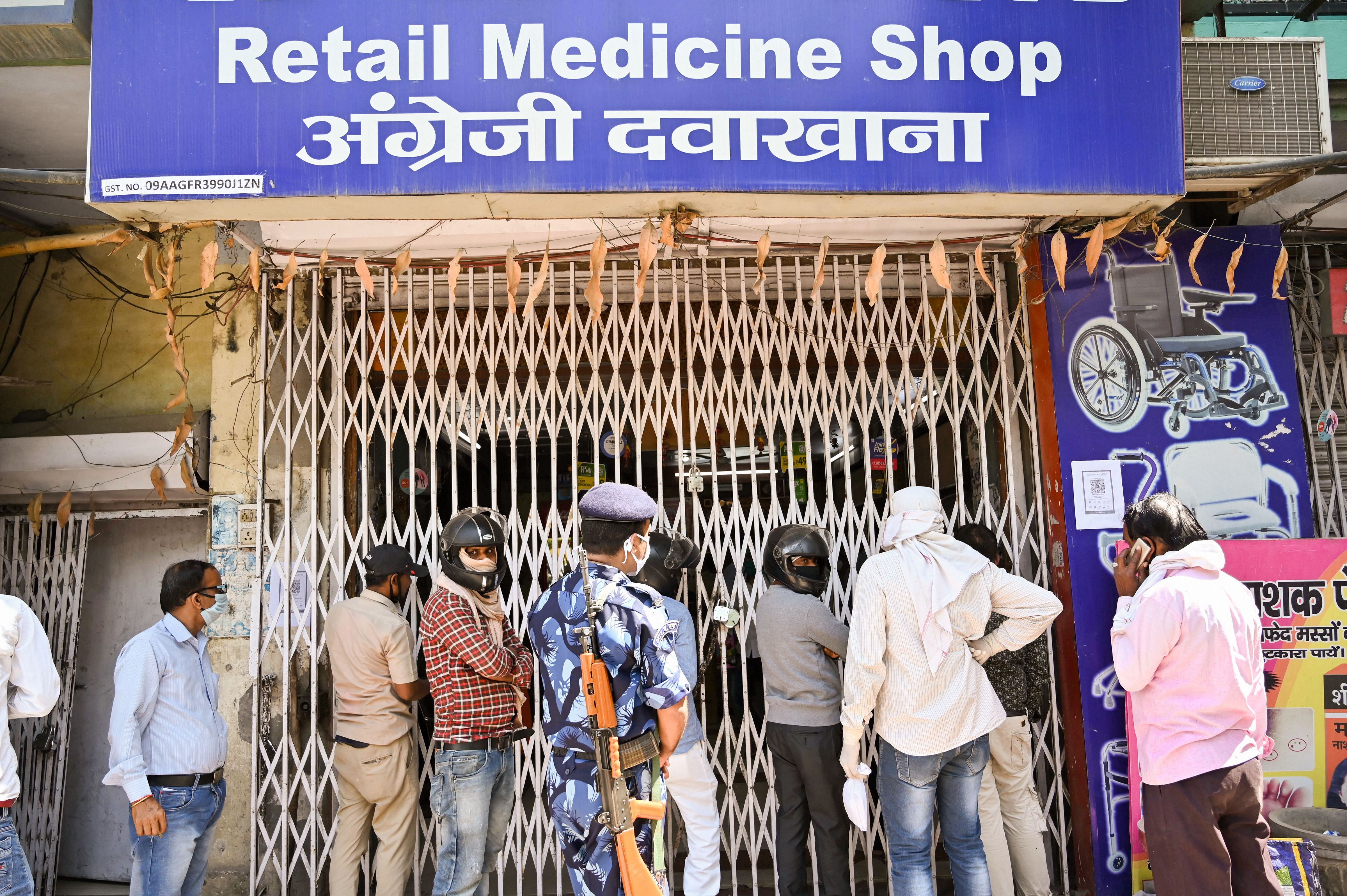
People stand outside a medical store to buy medicines during a nationwide lockdown in wake of coronavirus, in Prayagraj, Friday, April 10, 2020. PTI
More testing facilities
Seeking to expeditiously expand Covid-19 testing facilities, the government has identified 14 Centres of Excellence such as PGIMER in Chandigarh, AIIMS, New Delhi and NIMHANS in Bangalore to mentor all government and private medical colleges in their catchment areas to create state-of-art molecular virology setups.
In the wake of spurt in cases of coronavirus in India, the ICMR has taken into account the need to expeditiously expand COVID-19 testing facilities in all parts of the country and has initiated a proactive search of potential laboratories which could be enabled for coronavirus testing, a senior official said.
According to an ICMR official, 2,06,212 tests for COVID-19 have been conducted so far.
'Of these 14,855 tests took place at 156 government labs and 1,913 tests happened at 69 private labs on Sunday. There is no need to worry. We have enough stocks to conduct tests for six weeks,'the official said.
Only those covered under 'Ayushman Yojana' can be tested for free in private labs: SC
The Supreme Court Monday modified its April 8 order which asked private labs to conduct free Covid-19 tests and said the benefit will be available only to 'economically weaker sections' who are covered under a government scheme such as the Ayushman Bharat.
The apex court said it never intended to make testing free for those who can afford to pay.
It had on April 8 directed that private labs, which were allowed to charge Rs 4,500 for Covid-19 tests, would not charge for the tests observing that they need to be philanthropic in the hour of national crisis.
A bench of Justices Ashok Bhushan and S Ravindra Bhat took note of the pleas of two persons, including orthopedic surgeon Kaushal Kant Mishra, who said that if the testing is made free for all, private labs will be overburdened financially and would slow down the tests for the novel coronavirus or Covid-19.
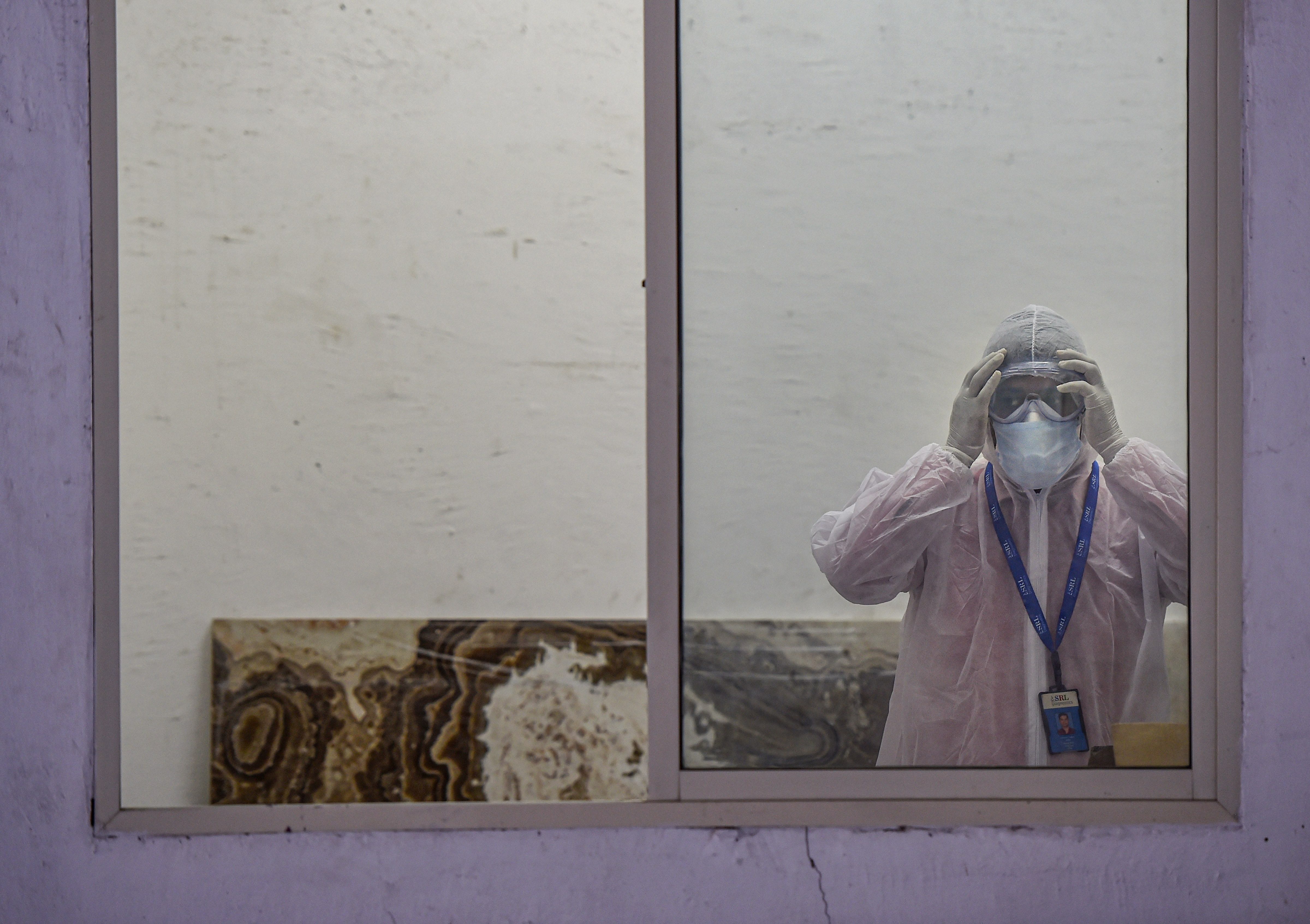
A medic wears a protective suit in the waiting room of the first drive-through sample collection site for possible COVID-19 patients, during the nationwide lockdown to curb the spread of coronavirus, at Lower Parel in Mumbai, Monday, April 13, 2020. PTI
Relief for small and medium retailers?
The Federation of Retailer Association of India (FRAI) urged the government to let small shops open immediately, as the daily income flow of petty retailers has stopped completely since the lockdown, and sought compensation for their income losses.
Claiming to represent four crore micro, small and medium retailers from across the country with membership of 34 retail associations, the FRAI said all the capital of these small retailers is tied up in the stocks of unsold products because of the lockdown.
Industry chamber CII has suggested a 'slow and staggered' approach to reopening various sectors based on classification of geographies as red, amber and green, depending upon the incidence of Covid-19 cases.
Textiles and apparels, pharmaceuticals, food processing, minerals and metal, besides e-commerce, automobiles and chemicals are the key sectors that need to restart operations in a calibrated manner, a CII report said.
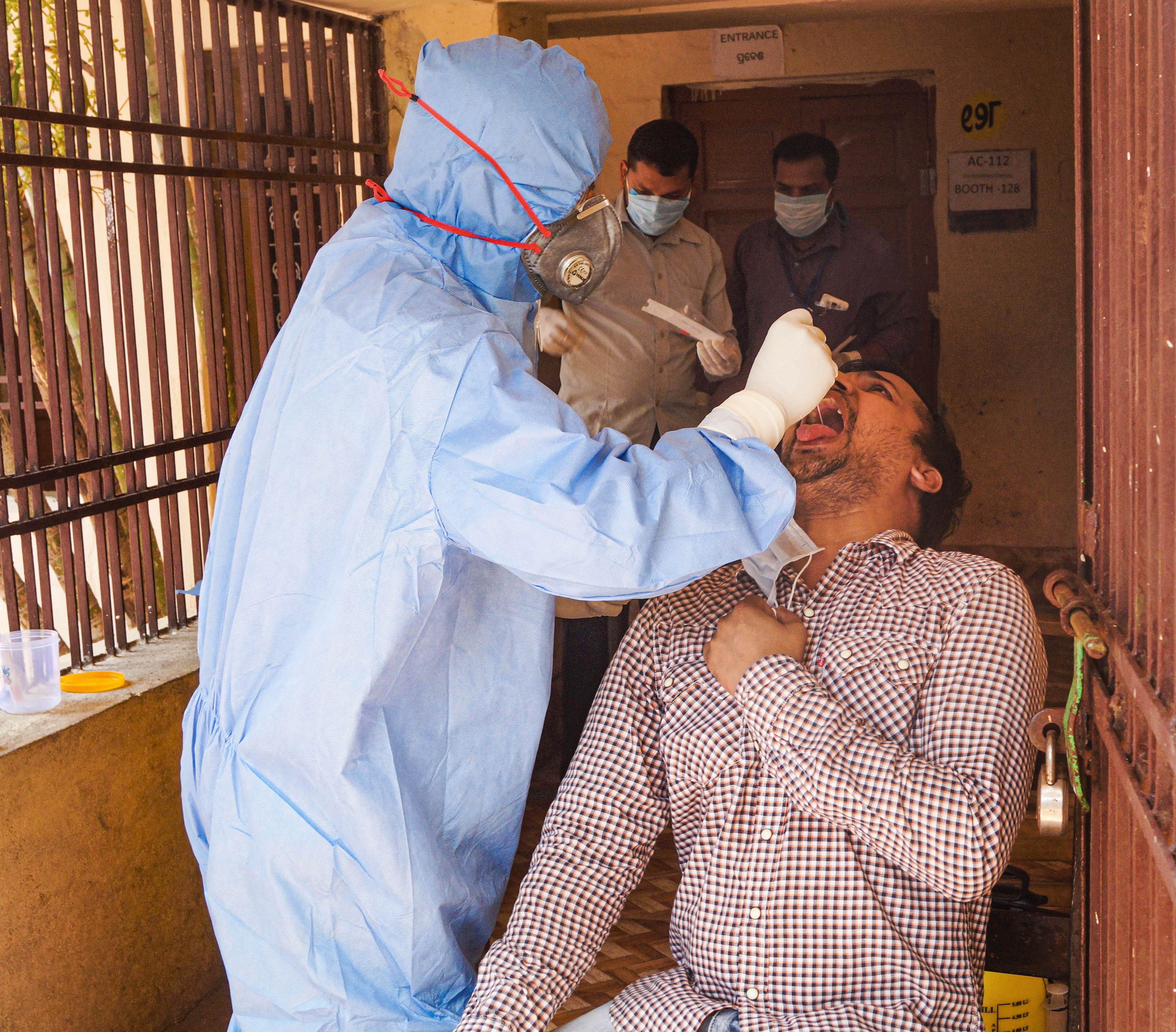
A medic collects swab sample of a person for COVID-19 test at a sample collection centre, during the nationwide lockdown imposed in wake of the coronavirus pandemic, in Bhubaneswar, Monday, April 13, 2020. PTI

